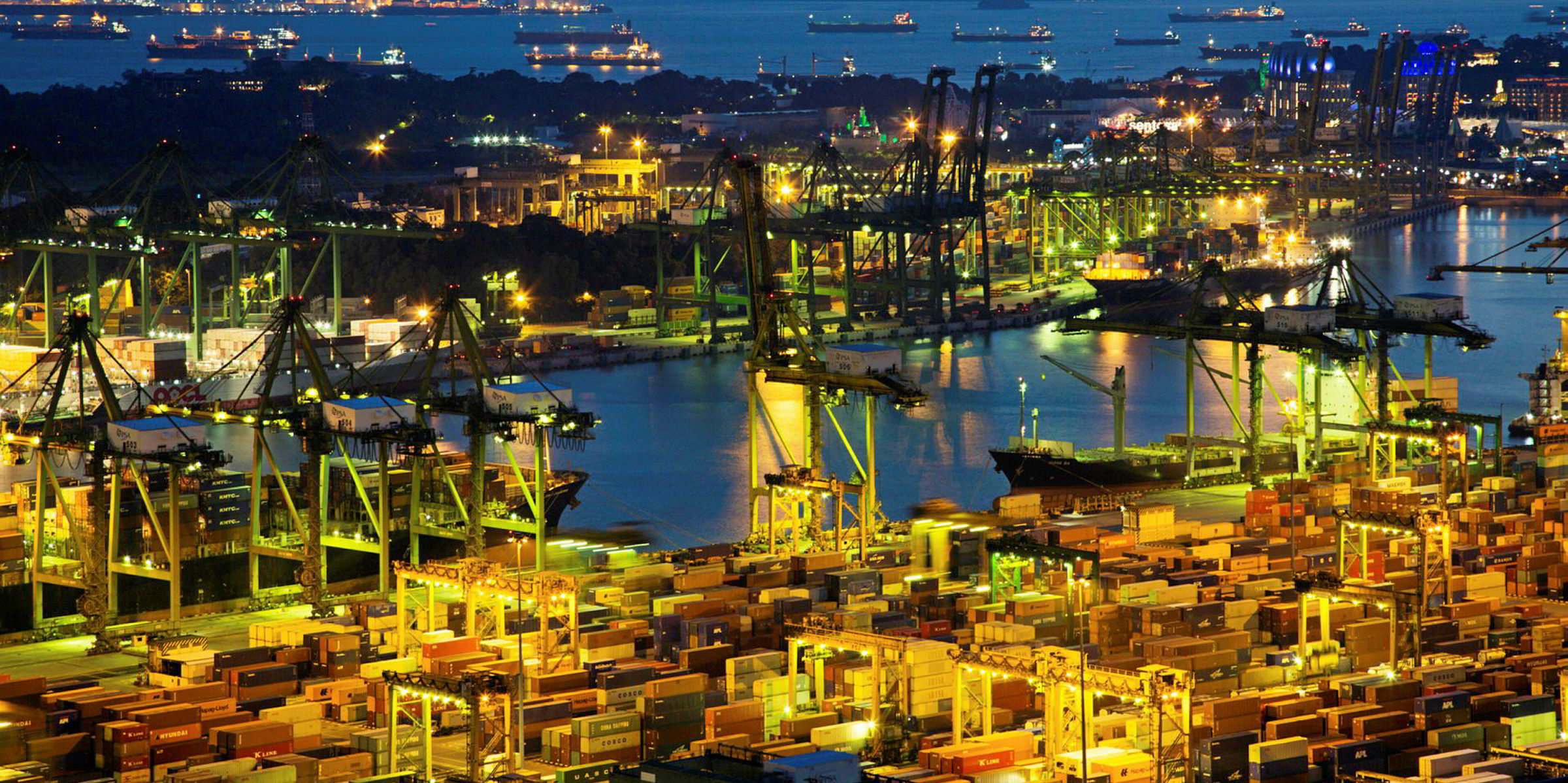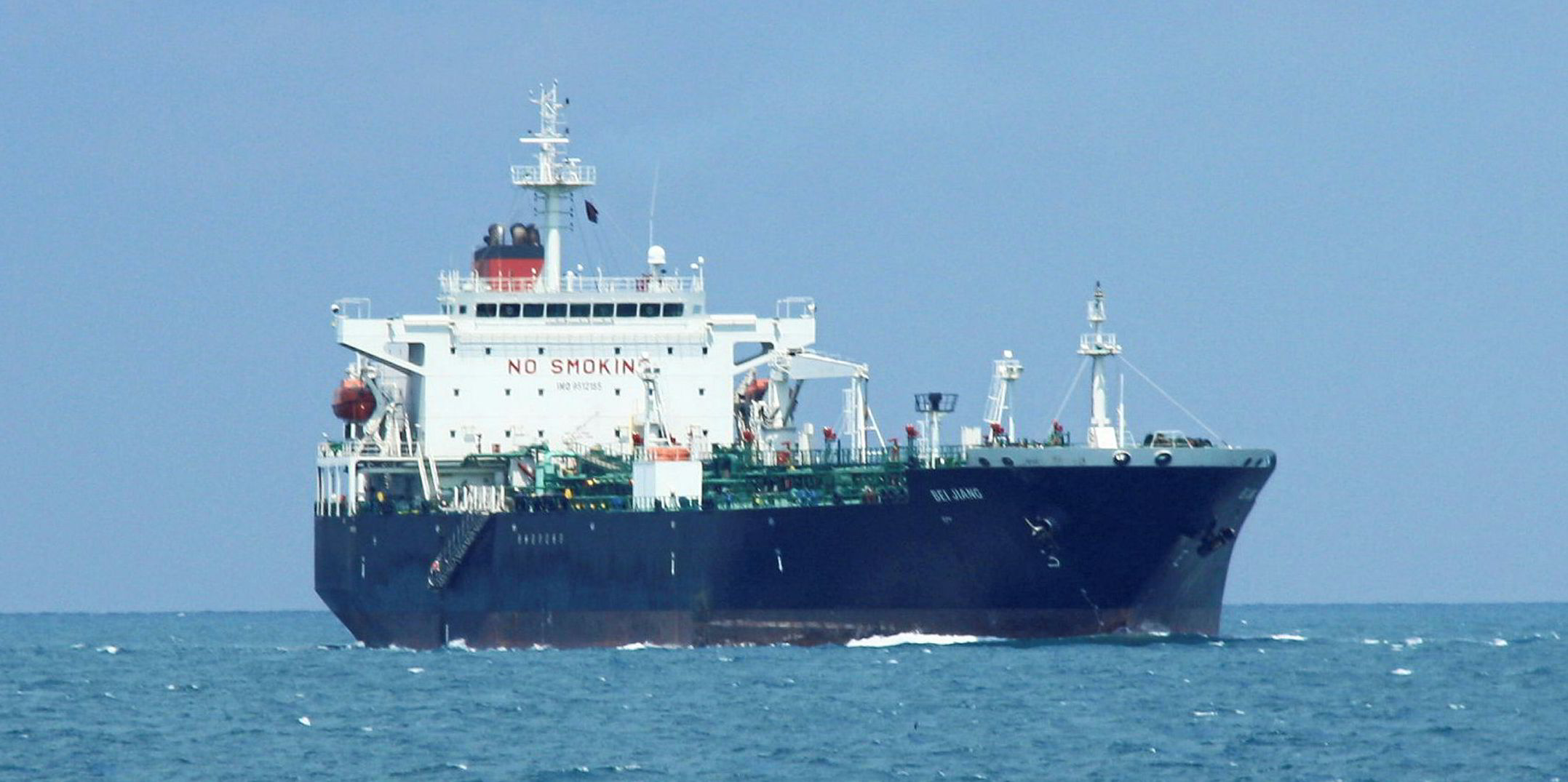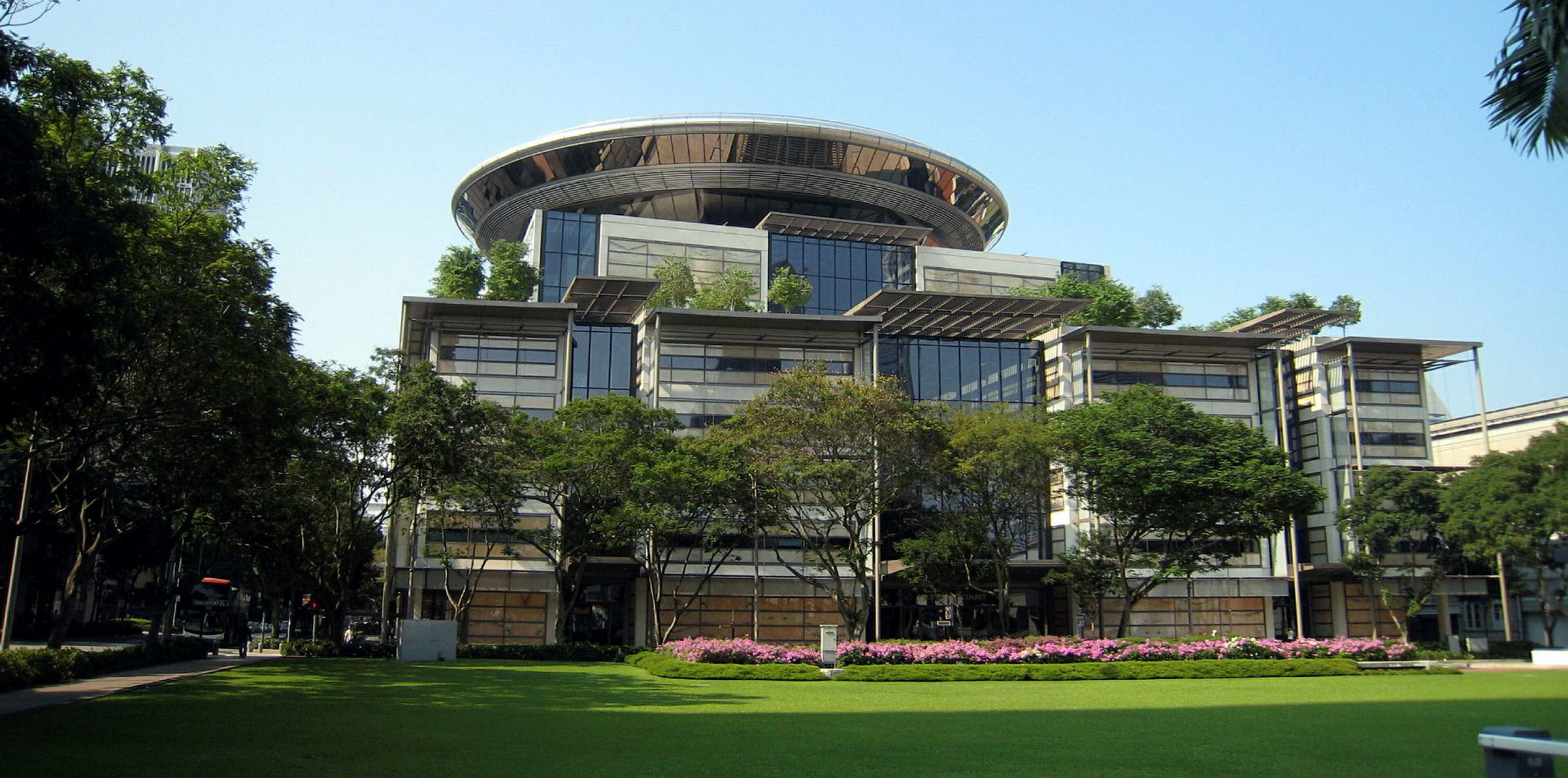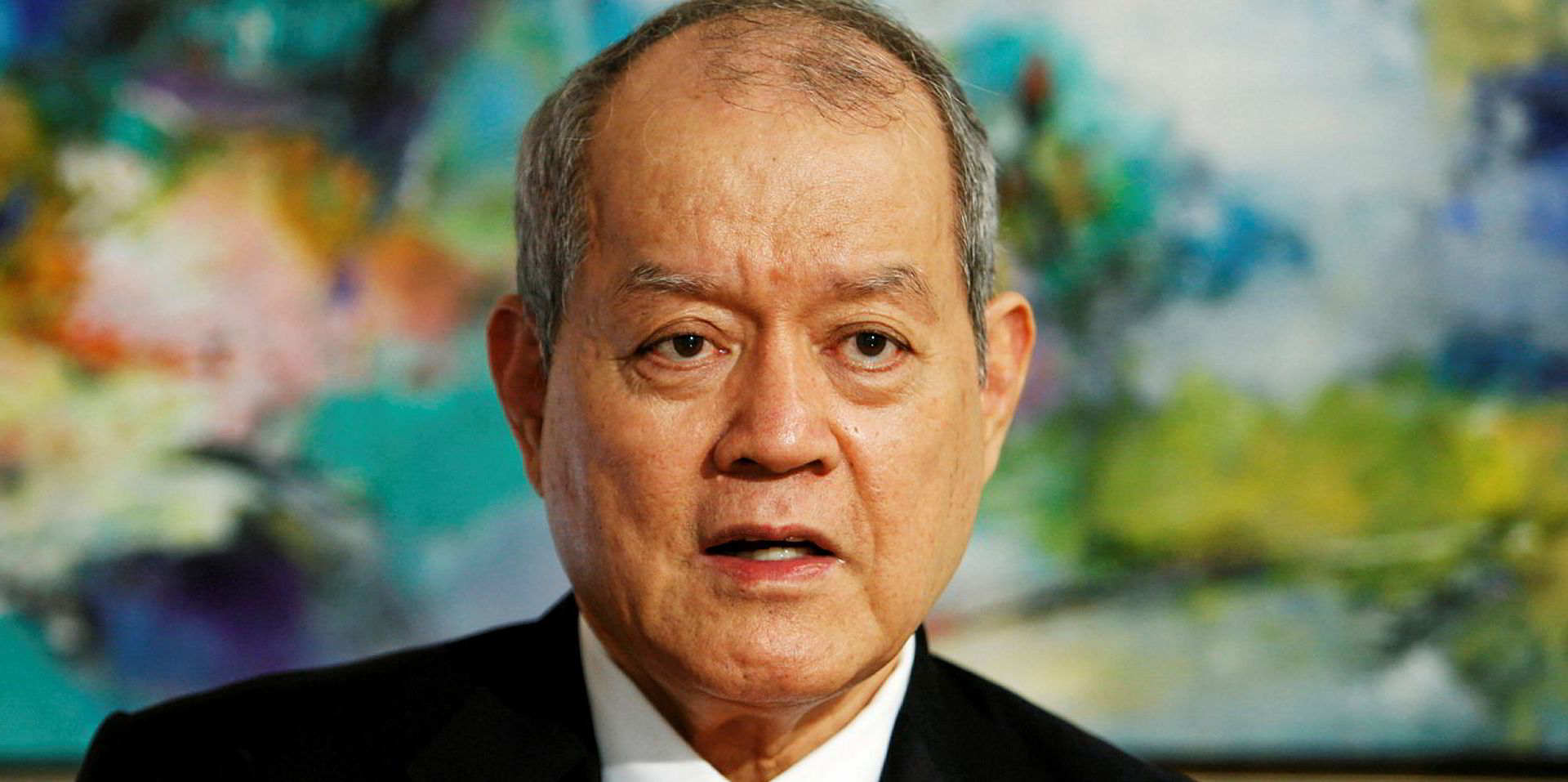Are traders a danger to the shipping community, and are regulatory controls on the trading community too lax in Singapore? These are reasonable questions to ask in light of Singapore’s recent financial failures.
It is no surprise big traders are on the defensive.
Jeremy Weir, chief executive of Trafigura, said this week that calls for tighter controls on the sector were “off target”.
He said the model of his global commodity trading firm — and presumably Vitol, Gunvor and other top names — was completely different from the smaller ones that were in trouble.
But many shipping companies are feeling sore about a series of scandals in Singapore that are causing problems for those with tonnage exposed to trading deals.
These are extraordinary times, with Covid-19 causing huge problems for all industries, not least with oil prices gyrating wildly. But are there structural problems inside the trading sector? Does it bring a gambling mentality by seeking profit out of market instability?
The highest-profile collapse has been that of Singapore’s largest private marine oil trader, Hin Leong Trading, with astonishingly high debts of $4bn. To make matters worse, it confessed to hiding around $800m of losses on futures in the accounts.
‘We’re paying a heavy price for weak rules’
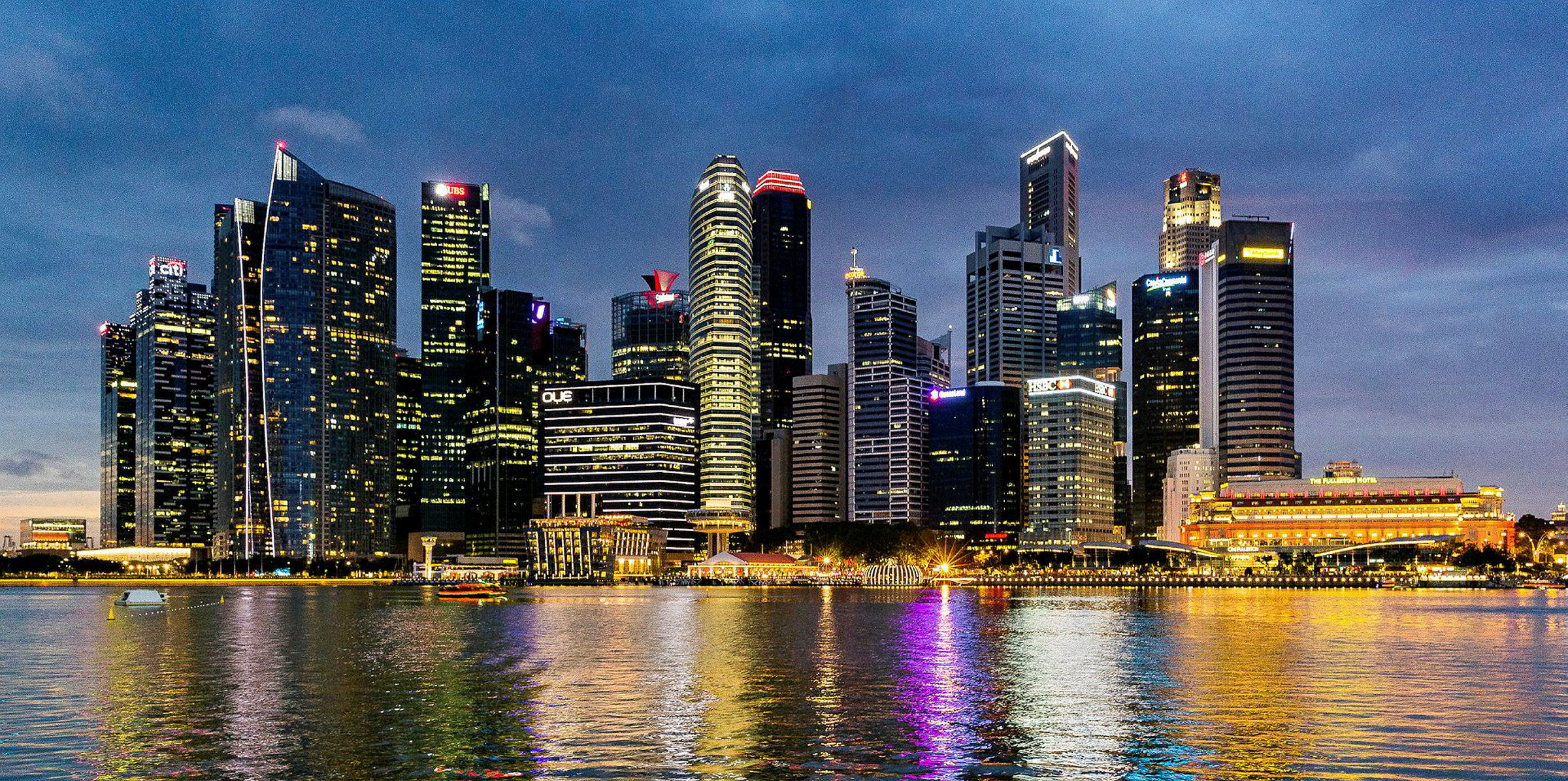
But there have also been a string of other problems, such as the collapse of Agritrade International Pte amid allegations of fraud.
Hontop Energy Pte, a Singapore oil trader with close links to a Chinese refiner, has entered receivership. ZenRock Commodities has run into difficulties.
A rogue trader was blamed in 2019 for running up huge oil-trading losses at Petro-Diamond, four years after the even bigger near-collapse of Noble Group accompanied by a Singapore police investigation into its accounting methods.
“The collapse of Noble, Hin Leong and Agritrade hurts our reputation,” Professor Mak Yuen Teen, a corporate governance specialist at the National University of Singapore, told Bloomberg. “Our rules, monitoring and enforcement for companies are weak — and we are now paying a heavy price.”

Singapore is a magnet for oil and other commodity traders, not least because of its super-low corporate tax rates of 5%. It is also a magnet for the shipping community for this and other reasons, such as a stable governmental and legal system not far from the huge market of China.
And it should be remembered that the Baltic Exchange — which provides tradable benchmarks for the industry — is now owned by the Singapore Exchange after its acquisition in late 2016.
Singapore authorities are now looking at whether they do indeed need to toughen up the rules to re-establish the reputation of the trading and maritime centre.
But what of the traders themselves? Weir, in an op-ed article for Singapore’s Business Times, argued that large commodity trading houses make a vital contribution to world trade by smoothing over disruptions.
I think speculation runs through the DNA of all traders and their companies
He insisted that speculative trading is in “no way core to the business”, noting that Trafigura has many physical trades.
The contentious part of this statement, to my mind, is whether speculation is “core”. I think speculation runs through the DNA of all traders and their companies. To what extent it is “core” obviously is difficult to prove.
It is true that Trafigura and Vitol have tentatively moved into the world of physical assets in recent times — in other words from screens to storage tanks, pipelines and even vessels. They are closer to the integrated model used by oil majors, such as BP and Shell, than they used to be.
For their part, the oil majors appear to do much more — speculative — screen trading themselves than they ever used to.
It is hard to pin all this down, because publicly quoted oil companies do not spell out their pure trading profits or losses in their accounts.
Major traders remain privately owned, and for some of them their financial affairs are deeply opaque.
But talk to most shipbrokers and they are generally respectful of these trading behemoths, seeing them as good to do business with and quite different from the smaller firms.
Tackle the rogue operators
For the smaller players, Singapore authorities need to tighten up their regulatory requirements for trading, crack down harder on rogue operators and demand more transparency from companies that operate from the island state.
Banks and other lenders to these traders need to be issued a warning, while shipowners must be more careful about whom they choose as partners.
The big boys are certainly more diversified in terms of risk and can sustain the odd wrong move.
But have some of the large firms also been hit hard by the twin black swans of Covid-19 and zero-price oil? We will have to wait and see. In the meantime, there is reputational damage to heal in Singapore.
